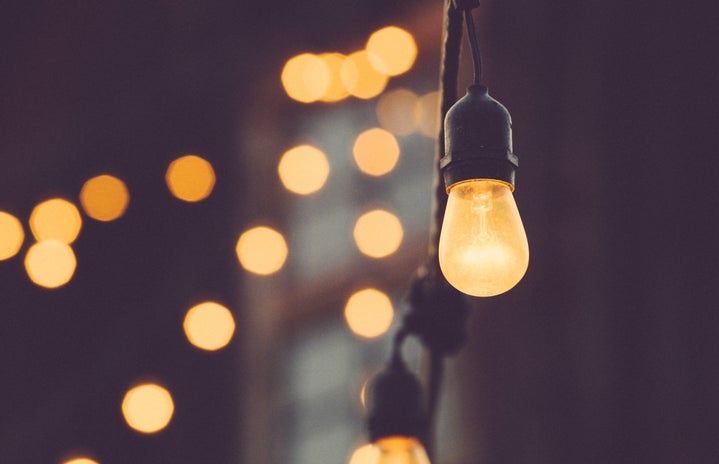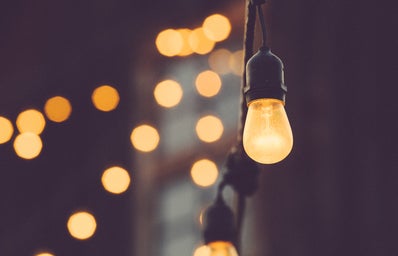Comedy is an art form that has been around for centuries and spans globally. It’s designed to elicit laughter from an audience. It’s a type of entertainment that permeates every genre of art from television, film, written works, and even our day-to-day interactions. It’s not uncommon for people to have a favorite comedian, a person that can make you laugh without fail. Yet over the past couple of years in particular, it appears as though comedians have come under great scrutiny for the content of their jokes or just missing the mark completely. However, how we respond as individuals becomes important.
Whenever a comedian misses the mark with a joke, it’s not uncommon for two things to happen. On the one hand, those harmed by the joke typically speak out with their criticism and explanation why. However, those who are staunch supporters of the comedian typically respond with the rhetoric of “It’s not that deep” or “society is too sensitive.” Comedians and fans alike will preach about political correctness or the idea of “wokeness” destroying the art form.
To a certain extent, comedy is designed to push boundaries and cause the audience to also reflect on the often ridiculous aspects of our society. However, when one pushes the boundaries of jokes targeting a marginalized community, that is the issue at hand. Is it truly hard to understand that jokes don’t exist in a vacuum? Furthermore, is it impossible to understand that jokes not only come from personal life experiences but are also a reflection of our society?
You might read this and suggest that I’m digging too deeply into this, but follow along just for the sake of it. Comedians, to a certain extent, have a level of power they can employ. They have the ability to create jokes that not only outlive them long after they’re gone, but they also have the ability to take on a life of their own. While comedy has done a lot of good in society, it is also capable of harm as well. I would be remiss if I didn’t mention the ways in which comedy has been used to create stereotypical images of marginalized groups. From minstrel performances used to dehumanize the Black community, to jokes about Indigeneity and male comedians dressed in women’s clothes to make fun of women. All of these kinds of jokes play into perpetuating and reinventing the stereotypes of oppressed groups. To defend the craft is to defend the power it wields, and to reply with defensiveness is to fight to maintain that power. And as long as harm is still being inflicted onto oppressed groups, in some ways violently there are lines that aren’t to be crossed.
This article isn’t to vilify the art form of comedy or the profession of comedians. In fact, the examples that I mentioned are when comedy is at its worst. However, this is to say that like everyone else with a level of influence, comedians have the responsibility to be better. They have the responsibility of adjusting their material. With this will always come the question of where we draw the line and what is considered “too far,” but as long as you are a non-member of an oppressed group commenting on their experience, you’ve already overstepped.
Society these days has enough material that the jokes write themselves. Comedy has the opportunity to invite people in and become more inclusive, so this is a request that comics push their creative boundaries carefully.


